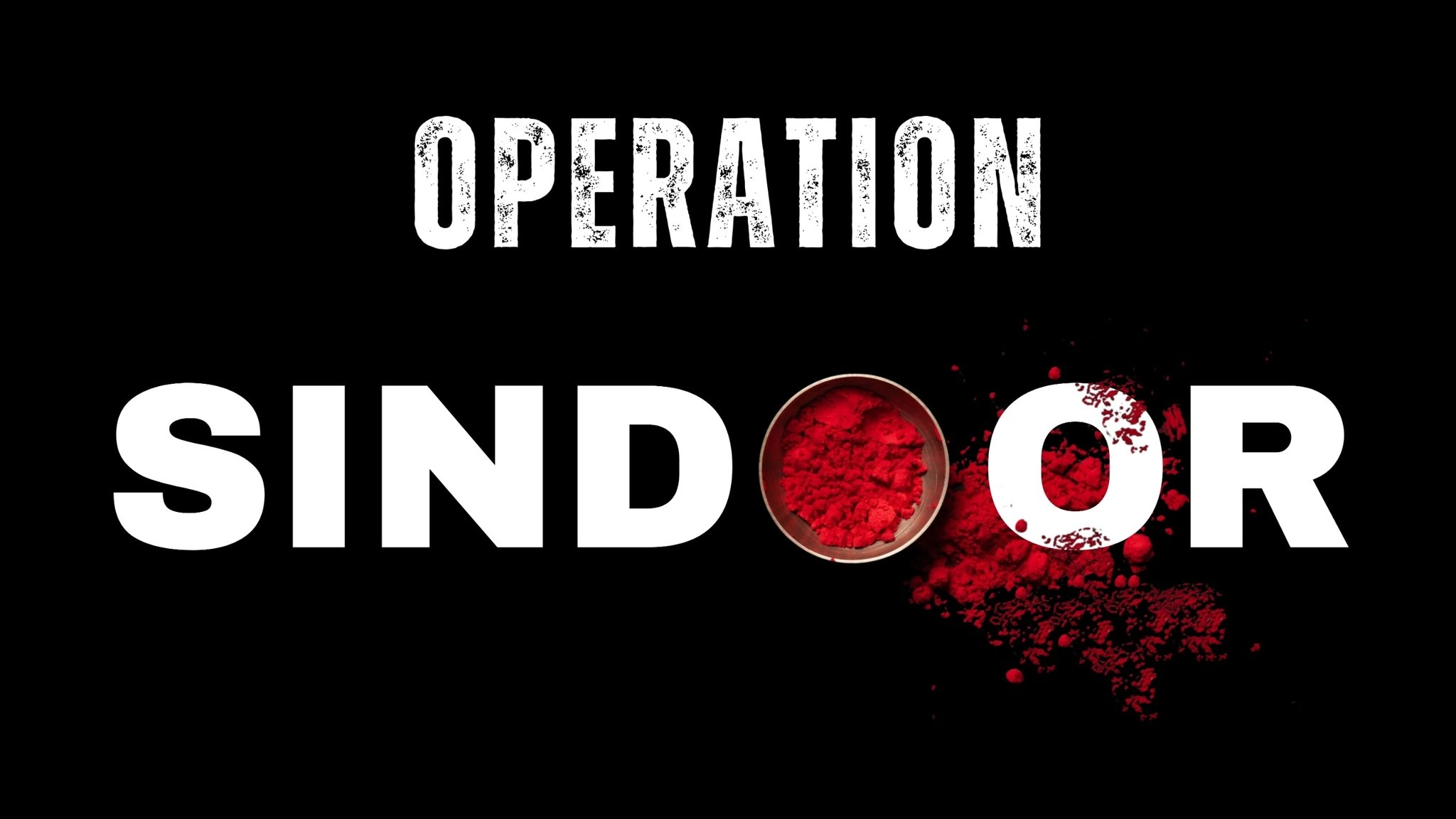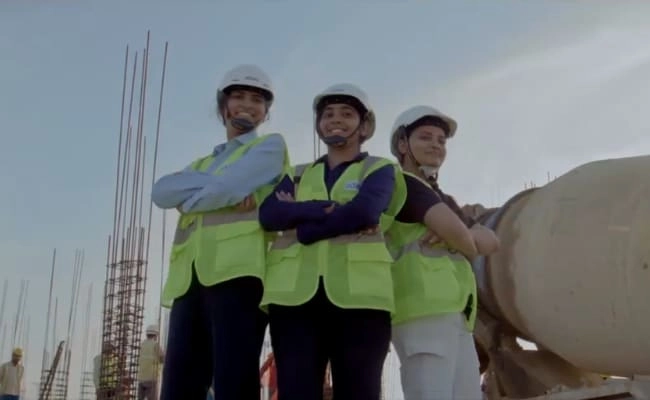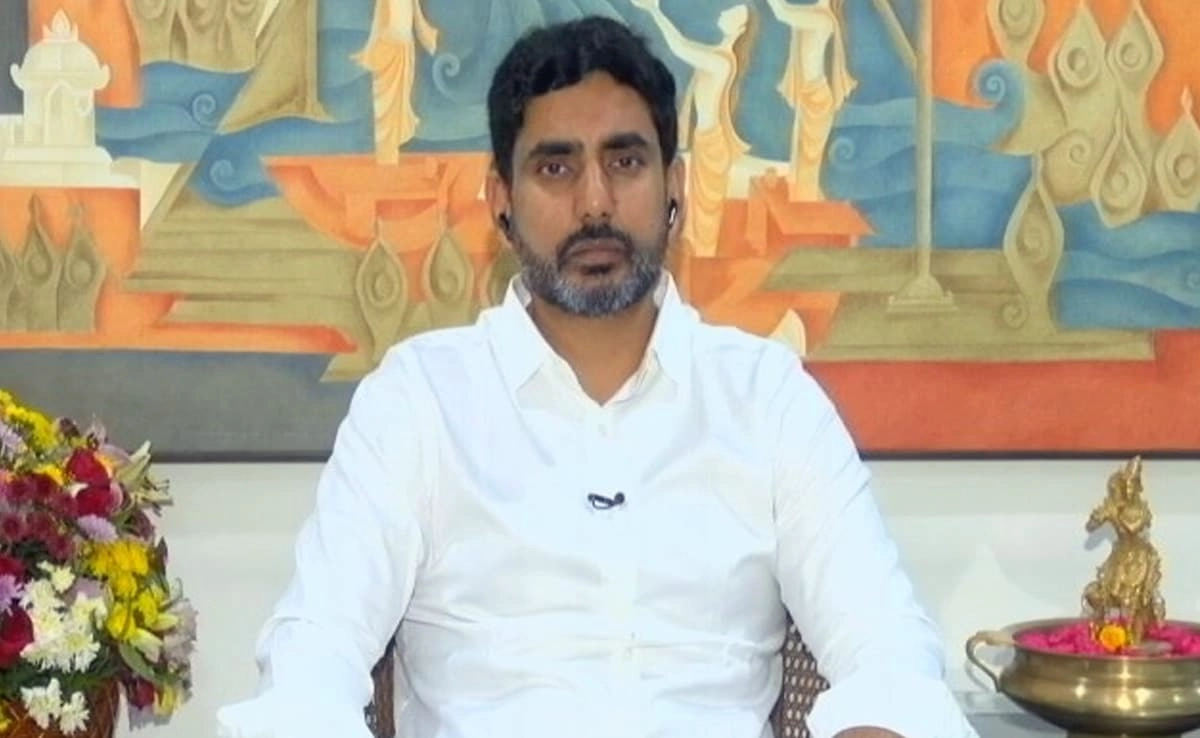Following India’s recent military strikes, a notable surge in interest has emerged surrounding the term “Operation Sindoor,” leading to six separate applications for trademark registration. This development underscores the cultural and political significance associated with the operation, as various entities seek to capitalize on its recognition. The name “Operation Sindoor” itself evokes a sense of patriotism and national pride, and its association with military actions has prompted organizations and individuals to explore its commercial potential.
Trademark applications often reflect a broader societal response to significant events, and the rush to secure rights to “Operation Sindoor” is no exception. Companies and individuals are likely aiming to associate their products or services with the valor and strategic prowess demonstrated during the military operation. This phenomenon is not unusual, as similar trends have been observed in the past where significant national events or movements have led to trademark applications, illustrating how commercial interests can intertwine with national sentiment.
The implications of these trademark applications can be far-reaching. On one hand, they highlight the desire of businesses to align themselves with national narratives, potentially leading to successful marketing strategies. On the other hand, it raises questions about the commercialization of military actions and the ethical considerations involved in profiting from such events. The situation also prompts discussions about the legal frameworks governing trademarks, especially concerning terms associated with national pride and military operations, which may evoke strong emotions and varied public responses.
As the trademark applications are processed, it will be interesting to observe how the authorities navigate the complexities of this situation. The outcome could set a precedent for how similar cases are handled in the future, particularly in a country where national identity and military achievements are deeply intertwined. Overall, the filing of these applications serves as a reminder of how significant events can lead not only to shifts in public sentiment but also to changes in commercial landscapes, reflecting the dynamic interplay between culture, politics, and business in contemporary society.




